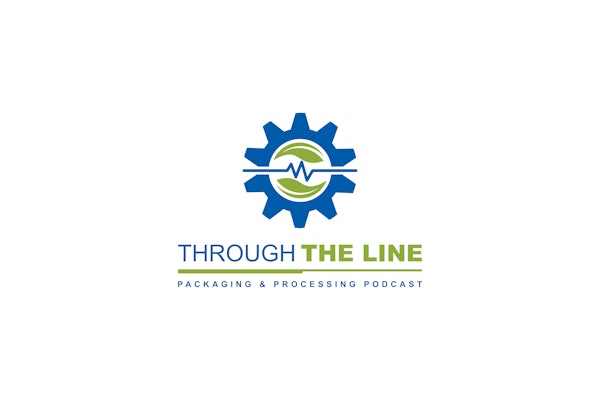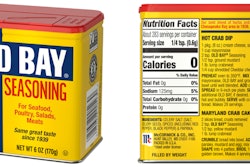
There are two diverse opinions about the current state of the Institute of Packaging Professionals. Some fear it’s a dying organization that desperately needs an infusion of energy and activity. Others believe a little fine-tuning is all that’s required to turn IoPP back into a visible, strong resource. Regardless of which view is more correct, the organization turned over its management last year to Landon, Farrey & Associates (Naperville, IL), headed by Edwin O. Landon, executive director, and his partner Patrick M. Farrey, who serves as general manager. Both have been involved in packaging as executives at Independent Publishing Co., former publishers of Food and Drug Packaging magazine. To prepare this updated overview of IoPP, Packaging World spoke extensively with Landon and Farrey, along with several IoPP members, some who are currently active, and others who have served the organization in the past. This report will focus on the new management and its short-term goals for IoPP; other reports will cover how IoPP plans to invigorate its many membership chapters, update the bookstore, strengthen its Certified Packaging Professional program, and increase its role with other packaging organizations.
Selecting the management Chuck Perrin, now retired from Dow Agrosciences, headed up the IoPP search committee after the board of directors voted to seek a new headquarters’ management company last spring. “We received inquiries from quite a range of individuals and organizations that wanted to manage the organization,” he tells PW. In June last year, Perrin called Landon to tell him that his proposal had been successful. By fall, Landon and Farrey had established their company in Naperville, IL, and begun to assimilate past records and meet with IoPP leaders to establish priorities. Landon, Farrey & Associates was selected to manage IoPP, Perrin says, for a variety of reasons. First, they had experience in running a successful company, and IoPP’s shaky financial condition indicated that the organization needed to be operated in a more businesslike way. Second, because they had been publishers in the packaging field, they had the knowledge and contacts throughout the packaging business. Third, Perrin says, “their flair for marketing and promotion was vital, because IoPP particularly needs that now.”
How a nonprofit differs “The biggest change is that we have a lot more bosses,” Landon quips. “We now have a much bigger stockholder base—the members—than we had in publishing. We’re the public servants for the IoPP members. We run their business for them; we’re not running our business.” However, Farrey adds: “Although this remains a nonprofit organization, the goal is not to run it unprofitably. The leaders want their programs to be profitable because that gives them the resources to expand their offerings and membership services.” Landon and Farrey, who is Landon’s son-in-law, are equal partners in Landon, Farrey & Associates. The board of directors awarded the company a three-year contract with provisions for renewal. Since it set up shop, the company has added several staff members, including Bob DePauw, who serves as IoPP’s manager of financial operations.
Financially wounded? Although neither Landon nor Farrey would discuss the organization’s financial condition in any detail, they both acknowledge that their company will manage IoPP for significantly less expense than its predecessor company. “It’s less because that’s what IoPP needs now. And we’re prepared to live within that restraint,” Landon says. Farrey says that the management fee charged to IoPP by his firm is difficult to compare to the fee charged by the previous firm because the bookkeeping systems are different. However, he adds, if you include outsourced work and part-time consultants, “our fees are probably twenty percent less than [those of] the previous company.” One part-time consultant is DePauw, who handled the finances for Independent Publishing. “We’re really blessed to have Bob because he’s a CPA, he’s run businesses like Independent Publishing before, and he knows packaging as well as publishing.” “What our company has done through Bob is to invest in the infrastructure like computer programs and databases so that some of the tasks that were manually performed in the past are now done automatically via the computer,” Landon says. Farrey adds: “We’ve off-loaded the update responsibility to individual members using our new Web site [www.iopp.net]. Instead of asking them to fax us a change that we’d have to manually keystroke into the database, they can now update their records as they need to. We save both money and staff time. It’s an upfront investment on our part that will pay dividends to the organization for a long time.”

























